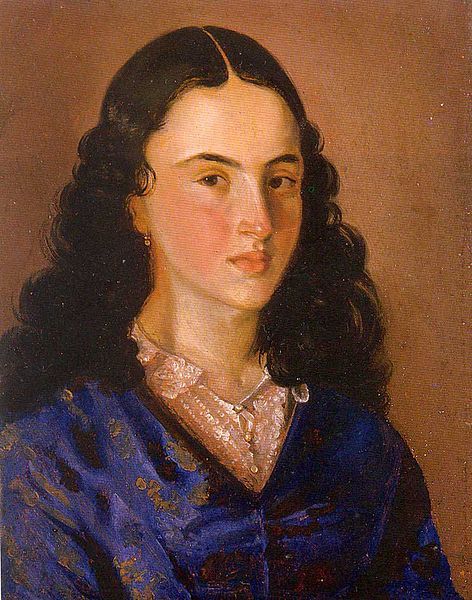
La Pola, as Policarpa (or maybe Apolonia) Salavarrieta is a national hero in Colombia, and graces their 10,000 pesos note. The fifth of nine children, Salavarrieta was orphaned by smallpox at age 6 and grew up in the Spanish colony of New Granada (what is today Colombia and Panama). She grew up just as her nation was being born.
La Pola became involved with the patriot movement thanks to her family’s involvement in her hometown of Guadas; there is evidence of her activities starting when she was about 15, in 1810. La Pola only escalated her anti-royalist activities once she moved to present-day Bogotá with her brother.
In the capital city, La Pola and her brother worked as “servants” at Andrea Ricaurte’s home, the center of intelligence gathering and resistance in the capital. Because her revolutionary sympathies were unknown in Bogotá she could move freely through the city and its social groups. Offering her services as a seamstress to the wives and daughters of royalists and officers, she overheard conversations, collected maps and intelligence on their plans and activities, identified who the major royalists were, and found out who were suspected of being revolutionaries. She also worked to recruit badly-needed soldiers for the revolutionary cause and smuggled them out of the city.
Eventually she came under suspicion. But there was not sufficient evidence to arrest her. In 1817, though, her luck ran out. La Pola’s lover, Alejo Sabaraín, and others were caught making their way to the plains to join the rebels. And worse, they were found with signed evidence of La Pola’s counterintelligence efforts on them. She was arrested and sentenced to death by firing squad.
La Pola is famous for staying up the whole night before her execution, cursing the Spaniards and predicting their defeat in the revolution. On the scaffold, she is reported to have shouted “I have more than enough courage to suffer this death and a thousand more! Do not forget my example!” She died just 22 years old.
Nenhum comentário:
Postar um comentário